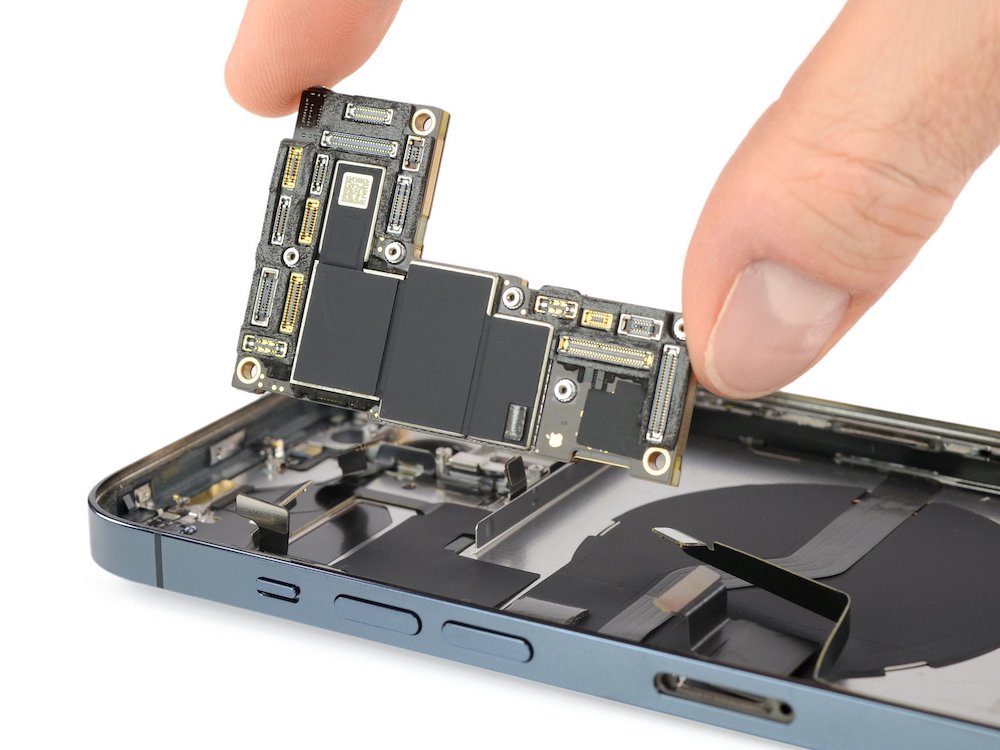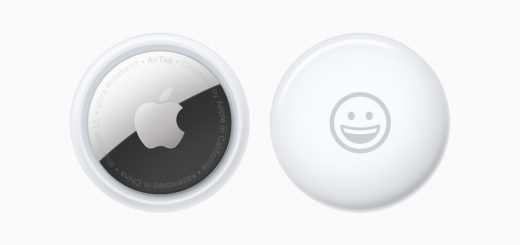UK government will investigate Nvidia’s ARM purchase

Do not treat your new iPhone like this, unless you can iFixIt
The UK government has ordered in in-depth probe into Nvidia’s purchases of ARM. This may have some bearing on Apple, given its use of PC chip reference designs developed by ARM and improved by Apple across all its industry leading products.
Regulator puts deal on hold
Nvidia plans to spend $50 billion to acquire ARM from Japan’s Softbank, but the UK Competition & Markets Authoritiy (CMA) plans to investigate the deal over the next six months. The deal is also subject to scrutiny in Europe and China.
The CMA has already looked into the deal and spoken with people across the industry, who have raised numerous concerns as summarized in a hefty 122-page report.
Many of these objections came from industry competitors, some of whom now also rely on ARM reference designs.
Nvidia has said it will remain neutral, but the initial CMA report seems a little doubtful on that. Nvidia says it will work with regulators to put minds at rest.
What is at risk?
The CMA found the transaction raises the possibility of a “substantial lessening of competition across four key markets” – data centres, Internet of Things, the automotive sector, and gaming applications.
The UK government is also concerned at the national security implications of the purchases. That’s why it has ordered an in-depth investigation of the plan and may yet cancel the deal.
There are reasons for concern.
Even without Apple (which was at one time an original investor in the company) ARM is a big cheese in semiconductor development. Tens of billions of its chips are used globally, you’ll find chips that depend on them in homes, cars, businesses, inside iPhones, other smartphones, Macs and tablet devices.
The CMA report states: “Third parties indicated Arm is a very important supplier of CPU IP due to technical proficiencies, the strength of Arm’s software ecosystem and the ‘open’ nature of Arm’s IP-only business model.”
Competitive concern
Competitors are concerned that Nvidia may choose to use its control of ARM in an anti-competitive way, and particular concerns have been raised around edge and network servers. (Given most mobile devices now deliver intelligence at the edge, that’s a significant complaint.)
Essential paragraph pic.twitter.com/F1foywLV43
— James Titcomb (@jamestitcomb) November 16, 2021
Nvidia had put forward some compromises regarding the deal, but the CMA didn’t think these were sufficient, saying (Para 1.9):
“NVIDIA offered a set of behavioural remedies seeking to address the CMA’s concerns. The CMA found the offer to present considerable specification, circumvention, and monitoring and enforcement risks. Having regard to: (i) the complex and evolving nature of the contracts and markets involved; (ii) the magnitude of the competition concerns; and (iii) the breadth and technical nature of the offer, the CMA does not believe any form of behavioural remedy would address the competition concerns identified to the phase 1 clear-cut standard.”
This show could run and run.
Though at least Apple’s primary processor reference design supplier will remain independent a little while longer. Also read: Succession: Does Tim Cook’s Apple ponder life after ARM?
Please follow me on Twitter, or join me in the AppleHolic’s bar & grill and Apple Discussions groups on MeWe.




